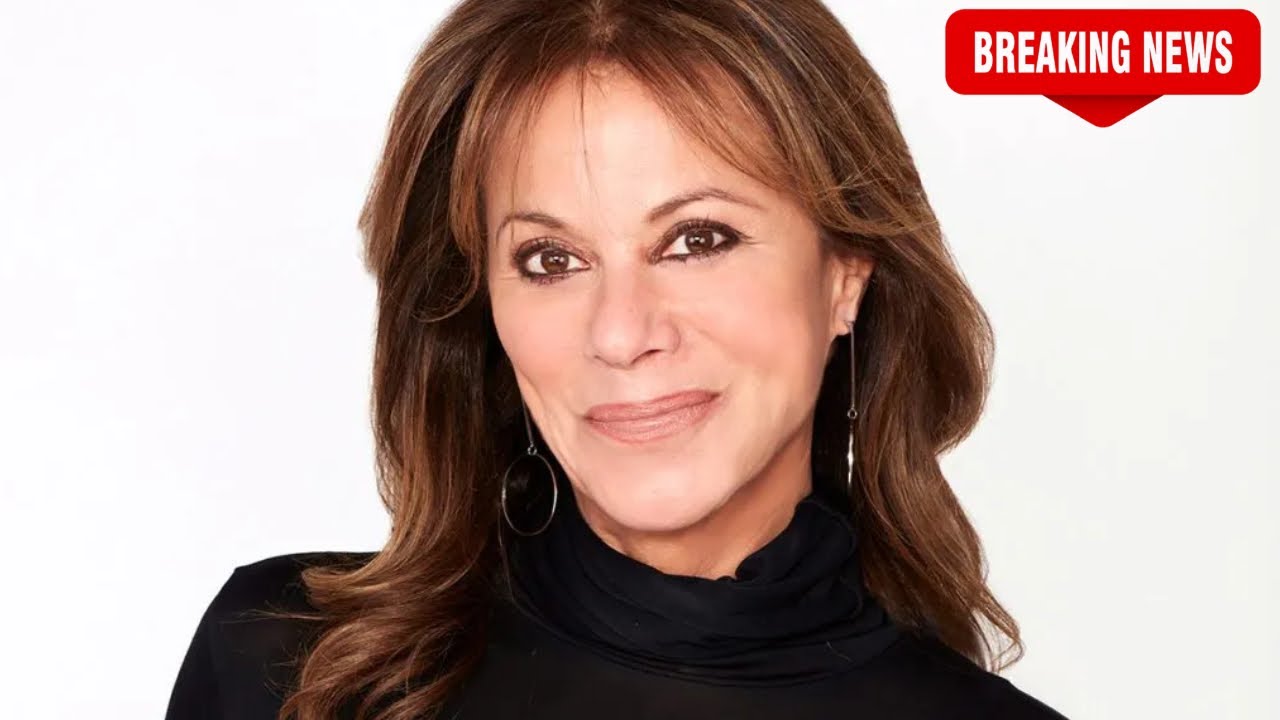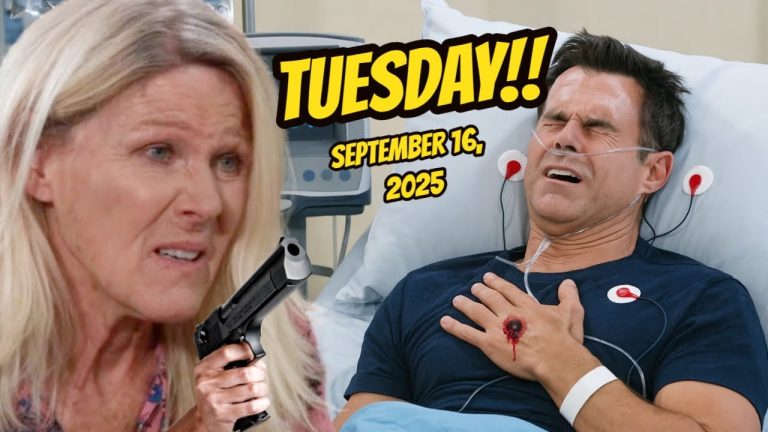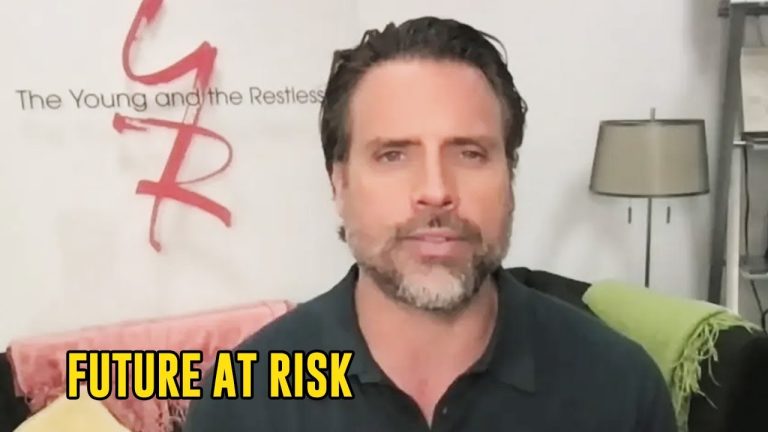Nancy Lee Grahn Faces Backlash After Controversial Comments on Charlie Kirk’s Assassination
In a shocking turn of events, veteran actress Nancy Lee Grahn, known for her long-standing role as Alexis Davis on the soap opera General Hospital, has ignited a firestorm of outrage following a controversial Instagram post that many are interpreting as a callous response to the recent assassination of conservative commentator Charlie Kirk. Grahn’s comments have not only drawn ire from fans but have also raised questions about the boundaries of political discourse in the wake of tragedy.
Grahn’s post, which stated, “I am not in support of what happened to Charlie Kirk. But Charlie Kirk was in support of what happened to Charlie Kirk,” was met with immediate backlash. Critics argue that her words, rather than offering sympathy, implied that Kirk’s own political beliefs were to blame for his untimely death, a sentiment that many found deeply insensitive given the circumstances. The reaction from the public was swift and unforgiving, with fans flooding her social media with comments expressing disbelief and anger.
The timing of Grahn’s remarks could not have been more poignant. Just days prior, Kirk had been addressing a crowd at Utah Valley University when gunfire erupted, leading to chaos and ultimately his death. As a husband and father of two young 𝘤𝘩𝘪𝘭𝘥ren, the tragedy struck a chord across the political spectrum, making Grahn’s comments feel even more jarring. In response to the backlash, former co-star Ingo Rademacher, who has openly shared his conservative views, urged Grahn to reconsider her post, emphasizing the human cost of political violence and the grief of Kirk’s family.
While some colleagues, like actress Carolyn Hennessy, came to Grahn’s defense, asserting her right to express political opinions, the divide among her peers has only underscored the complexities of navigating public sentiment in a politically charged environment. Hennessy’s defense highlighted a critical tension within the industry: the struggle between freedom of expression and the need for compassion, particularly in the aftermath of such a tragic event.
The fallout from Grahn’s comments extends beyond social media outrage; it poses a significant risk to her career and the beloved soap opera she represents. In an industry where public perception can make or break a career, Grahn’s words have placed her standing in jeopardy, with calls for her dismissal from the show echoing across various platforms. The reality is stark: in today’s entertainment landscape, a single misstep can overshadow decades of work and loyalty.
As the dust settles, the question remains: how will Grahn navigate this controversy? Will she issue an apology to mend fences with fans and colleagues, or will she stand by her words, solidifying her image as a polarizing figure? The stakes are high, and the implications of her decision could shape her legacy for years to come.

In a world where celebrity opinions are scrutinized under a microscope, Nancy Lee Grahn’s situation serves as a cautionary tale. Her experience illustrates the delicate balance between personal expression and public empathy, and how easily that balance can be disrupted. As the entertainment industry grapples with the repercussions of her comments, one thing is clear: the intersection of politics and celebrity has never been more fraught, and the consequences of a single statement can reverberate far beyond the intended audience.







